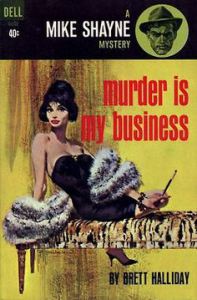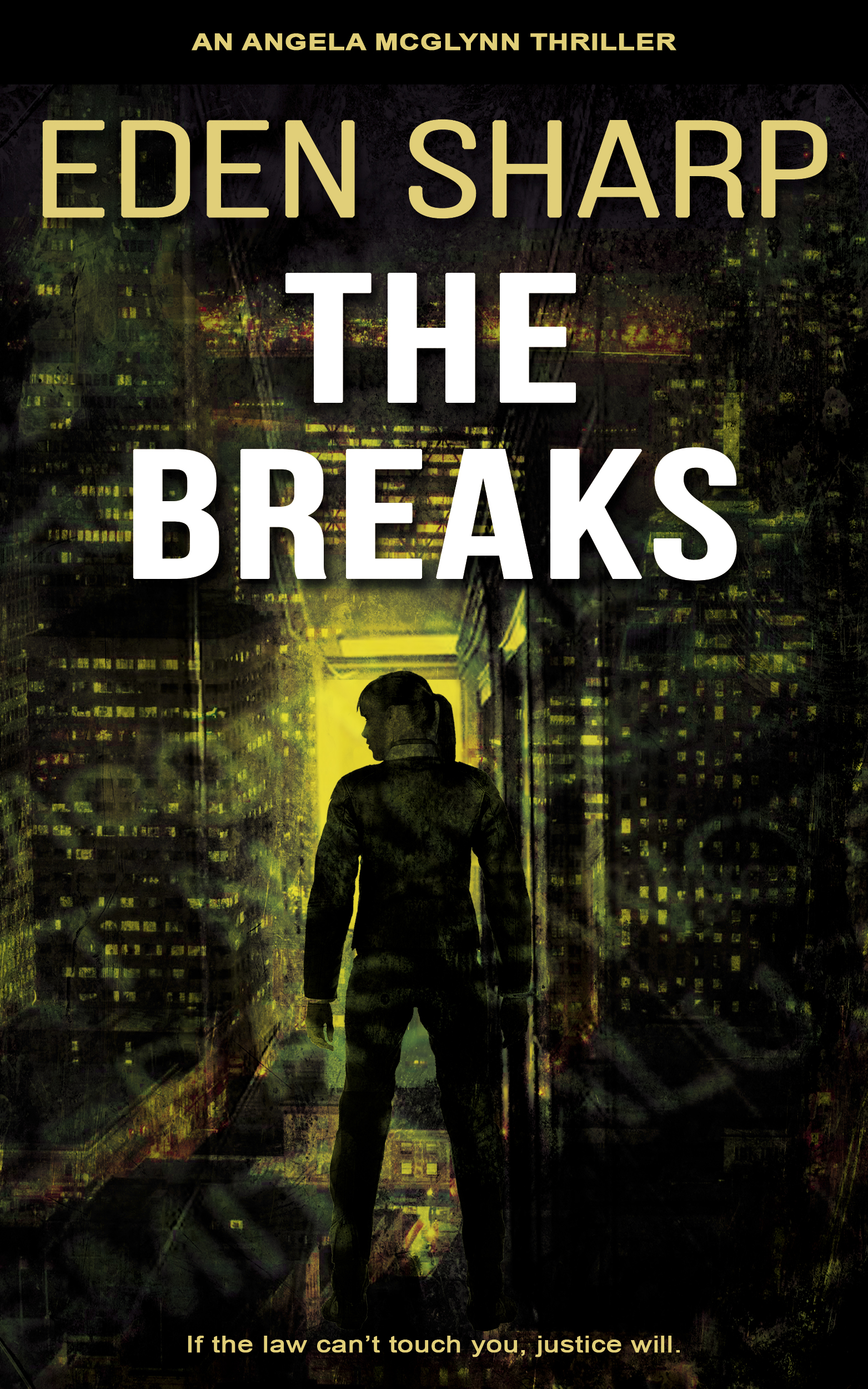Making Crime Pay
I write and review crime fiction and thrillers and teach fiction writing and publishing at SSU.
Thrillers vs. Mystery Novels
I write crime thrillers. So how do I define the genre and what makes a thriller different from a mystery?

The thriller uses suspense, tension, and excitement as its main elements. Thrillers provide the reader with a high level of anticipation, ultra-heightened expectation, uncertainty, anxiety and surprise. This genre of book tends to be gritty and fast-paced.
Excitement drives the narrative, sometimes subtly with peaks and lulls, sometimes at a constant, breakneck pace. It keeps the reader on the ‘edge of their seats’ as the plot builds towards a climax. Thrillers employ literary devices such as red herrings, plot twists and cliffhangers and usually have a villain-driven plot, whereby he or she presents obstacles that the protagonist must overcome.
Crime thrillers are thrillers in which the central characters are involved in crime, either in its investigation, as the perpetrator or, less commonly, a victim (generally, this is just a thriller).
- In a mystery, the crime has already been committed, but the hero and the reader must figure out by whom.
- In a thriller, the main event crime hasn’t been committed yet, but the reader (and possibly the hero) knows who the bad guy is; the question is whether he can be stopped.
In a mystery, the hero has a mission to find a killer. In a thriller, the hero has a mission to foil evil.
Bad (ill-informed) things are often said about genre fiction and thrillers in particular: that they are plot-driven, they feature one-dimensional characters and don’t leave the reader with any lasting impressions or things to ponder.
I don’t personally enjoy reading character-based novels that don’t really go anywhere (with no story) but it isn’t true that all literary fiction falls into this catergory and neither is it true that all genre fiction is solely plot-based. There are many great characters in crime fiction and all good writing in the genre includes fully-rounded main characters. (Sometimes minor characters are loosely sketched because they are really ‘spheres of action’ as opposed to true roles – hey it’s a craft thing)!
I vote for character plus plot anytime and crime fiction in particular is known for being a vehicle for social commentary with its all-walks-of-life, access-all-areas delving.
Commercial fiction sells well because it’s popular and most people consider there is nothing wrong with that aside from a few who are inclined towards preserving a narrowly-defined cultural standard or to dictate what should be included in the canon. Let’s not forget Charles Dickens was the pulp of his day.
Criticism is often especially levelled at the thriller because it is dubbed ‘formulaic’. Well get this: there is a formula and it’s based on at least two thousand years worth of story-telling. If you’re interested in learning to write thrillers or discussing thriller structure I’d love to hear from you. Leave a comment. Let’s talk!
The Breaks is available on Amazon. If you would like a free copy please leave your details here.




